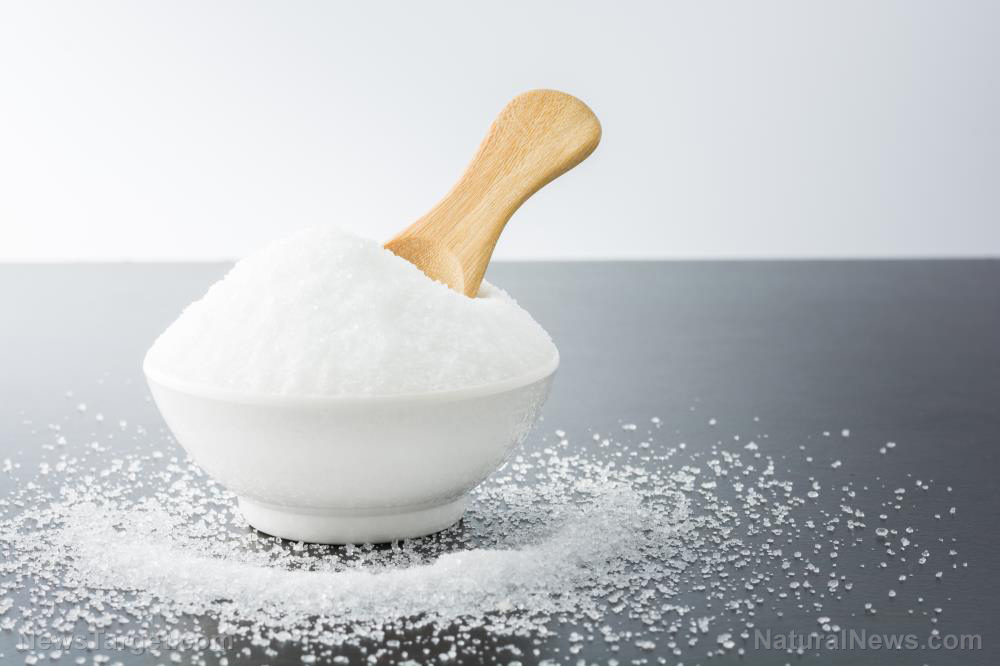
"The research found that teenagers consuming sucralose, glycyrrhizin, and added sugars had a significantly increased risk of early puberty, particularly in genetically predisposed individuals."
"The study highlights that early puberty can cause emotional distress, stunted growth, and long-term metabolic and reproductive health issues, raising concerns about health consequences."
"Findings revealed significant gender differences in risk, with sucralose posing a particularly heightened risk for boys, underscoring the urgent need for awareness and policy changes."
"Experts are advocating for reduced intake of sweeteners, genetic screening, and policy changes to mitigate the impact of sugar and artificial sweeteners on children’s health."
A study links sugar and artificial sweeteners to increased risks of early puberty among teens, particularly for those genetically predisposed. Sucralose poses a significant risk for boys, whereas girls are threatened by sucralose, glycyrrhizin, and added sugars. Early puberty can lead to emotional distress, stunted growth, and long-term reproductive health issues. Despite these findings, food industry lobbying has minimized perceived risks, even as the WHO has labeled aspartame as possibly carcinogenic. Experts suggest policy changes, genetic screening, and reducing sweetener consumption to protect children’s health.
Read at Natural Health News
Unable to calculate read time
Collection
[
|
...
]